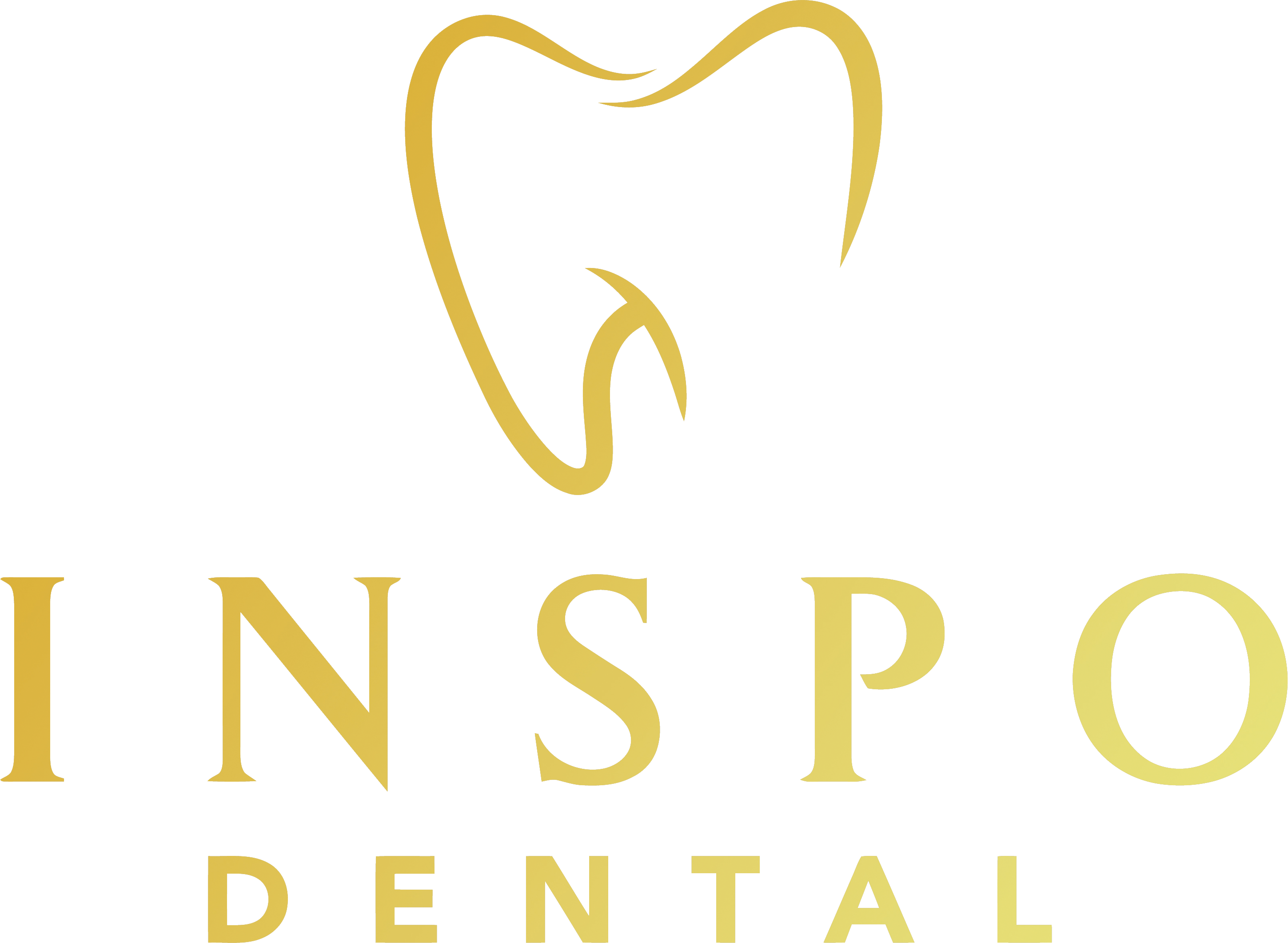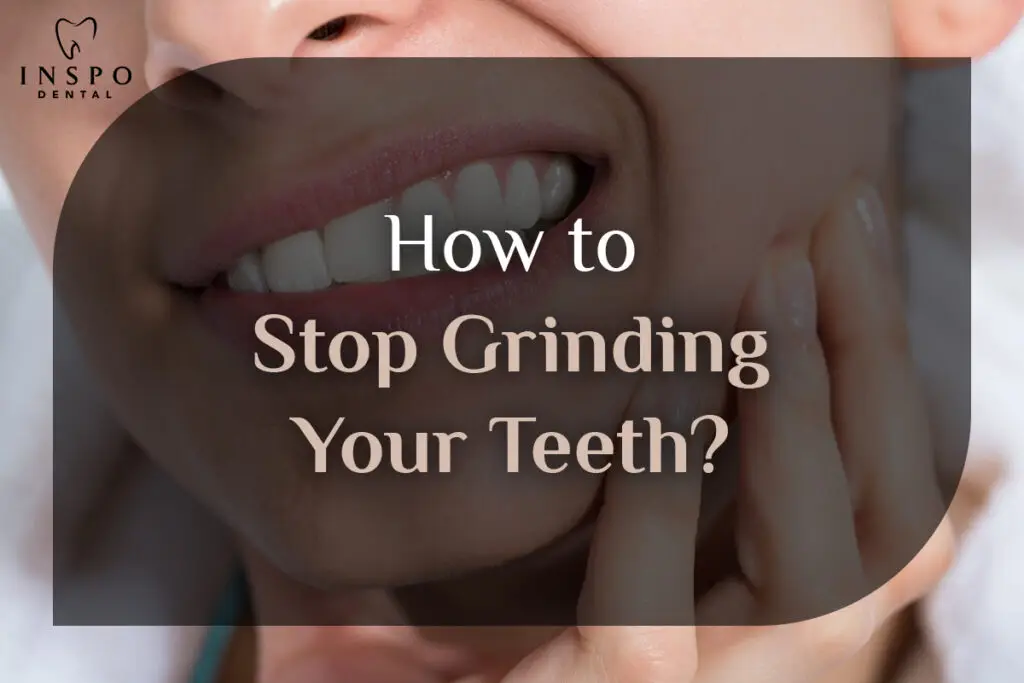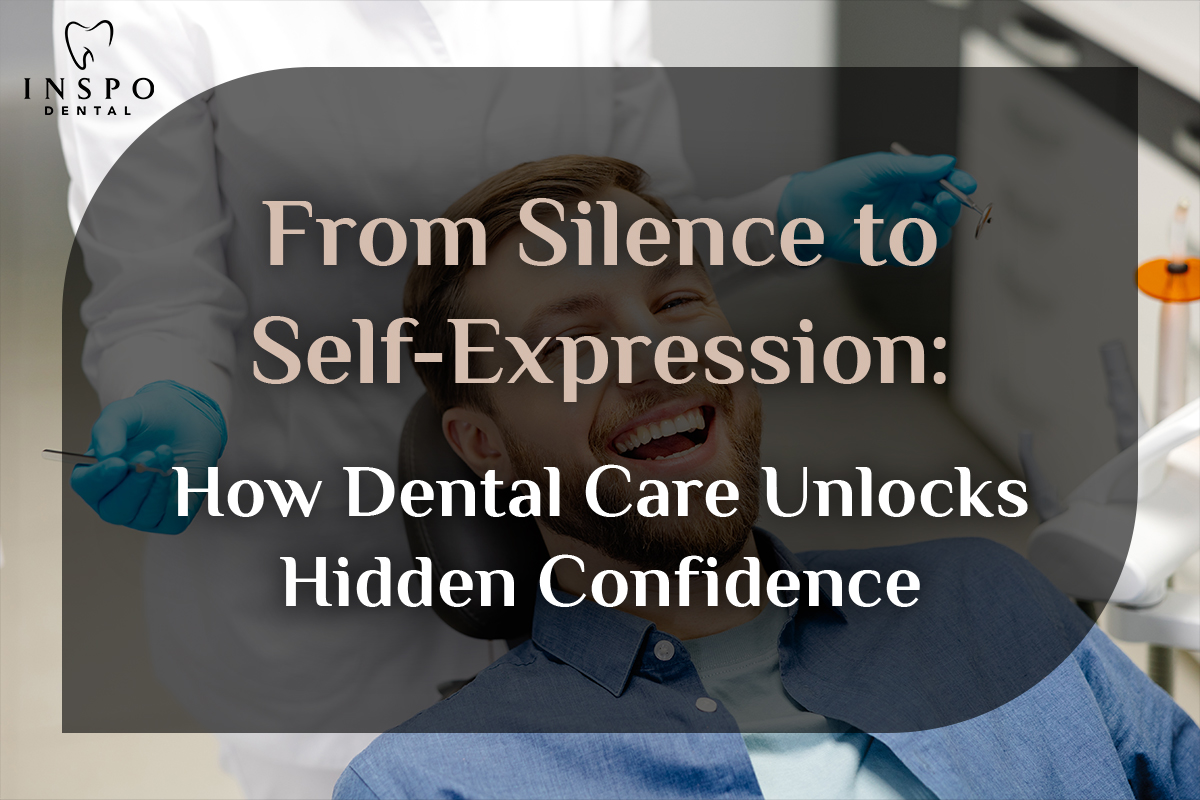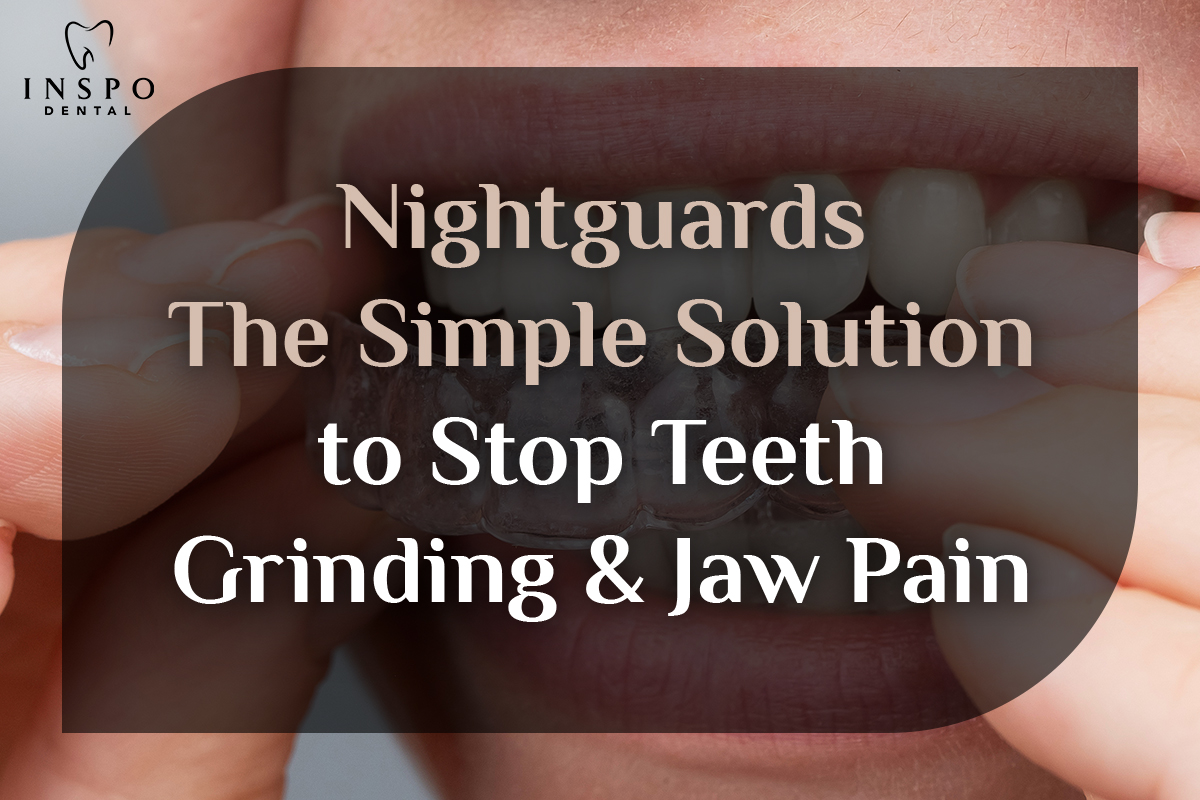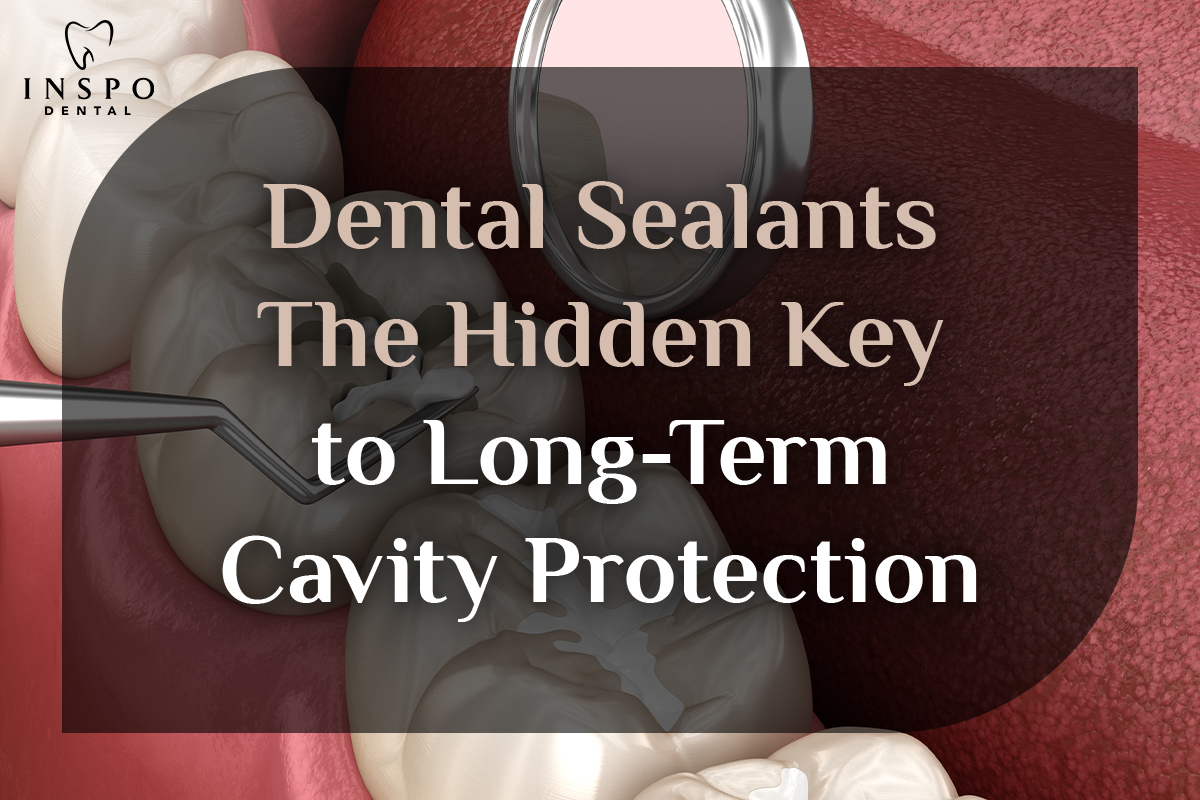Teeth grinding, also known as bruxism, can cause jaw pain, headaches, and damage to your teeth. It often occurs during sleep but can also happen during the day due to stress or other factors. Here’s a comprehensive guide to understanding and stopping teeth grinding.
- Identify the Causes
Understanding why you grind your teeth is the first step to stopping it. Common causes include:
- Stress and Anxiety: Emotional tension can lead to clenching and grinding.
- Sleep Disorders: Issues like sleep apnea are often linked to nighttime bruxism.
- Misaligned Bite or Missing Teeth: Dental issues can contribute to grinding.
- Lifestyle Factors: Excessive caffeine, alcohol, or smoking can increase the risk.
- Practice Stress Management
Stress is a major trigger for teeth grinding. Reduce stress by:
- Meditation and Relaxation Techniques: Yoga, deep breathing, or progressive muscle relaxation can help.
- Regular Exercise: Physical activity reduces tension and promotes better sleep.
- Counseling or Therapy: If anxiety or emotional stress is significant, consider professional help.
- Use a Nightguard
A custom-fitted mouthguard can protect your teeth while you sleep. Your dentist can design one specifically for your needs, reducing the pressure on your jaw and preventing tooth damage.
- Improve Sleep Habits
Better sleep hygiene can help reduce nighttime grinding:
- Stick to a Schedule: Go to bed and wake up at the same time daily.
- Create a Relaxing Bedtime Routine: Limit screen time, avoid heavy meals, and practice relaxation before sleep.
- Sleep Environment: Keep your bedroom dark, quiet, and cool for optimal rest.
- Address Dental Issues
Consult a dentist to address underlying dental problems:
- Alignment Issues: Correct a misaligned bite with orthodontic treatments.
- Restorative Work: Replace missing teeth or restore damaged ones to balance your bite.
- Limit Stimulants
Reduce or eliminate stimulants like:
- Caffeine: Avoid coffee, tea, and energy drinks, especially in the evening.
- Alcohol: Alcohol can increase the intensity of grinding.
- Smoking: Nicotine can exacerbate bruxism.
- Try Jaw Exercises
Strengthening and relaxing your jaw muscles can help. Simple exercises include:
- Warm Compresses: Apply a warm cloth to your jaw to relax the muscles.
- Controlled Jaw Movements: Open and close your mouth slowly to release tension.
- Massage: Gently massage your jaw and surrounding muscles.
- Treat Underlying Medical Conditions
If your bruxism is linked to a medical condition, address the root cause:
- Sleep Apnea: Treating sleep apnea can significantly reduce grinding.
- Temporomandibular Joint (TMJ) Disorders: Work with your dentist to manage TMJ issues.
- Monitor Daytime Habits
Be mindful of clenching or grinding during the day:
- Posture: Maintain good posture to reduce jaw tension.
- Awareness: Notice when you’re clenching and consciously relax your jaw.
- Chewing Habits: Avoid chewing on non-food items like pens or gum excessively.
- Seek Professional Help
If teeth grinding persists or causes significant discomfort, consult your dentist or a specialist. They can provide:
- Custom Solutions: Nightguards or other dental devices to prevent grinding.
- Botox Injections: In severe cases, Botox can relax the muscles that contribute to bruxism.
- Behavioral Therapy: Learn techniques to break the habit.
The Consequences of Untreated Teeth Grinding
If teeth grinding (bruxism) is not addressed, it can lead to several serious oral health and overall wellness issues. Here are the potential consequences of leaving it untreated:
- Tooth Damage
- Enamel Erosion: Grinding wears down the enamel, making your teeth more susceptible to cavities and sensitivity.
- Cracks and Chips: The pressure from grinding can cause teeth to crack, chip, or fracture, requiring restorative dental work.
- Flattened Teeth: Severe grinding can flatten the surfaces of your teeth, affecting how you chew and speak.
- Jaw and Facial Pain
- Jaw Tension: Constant clenching and grinding can overwork the jaw muscles, leading to stiffness and discomfort.
- TMJ Disorders: Bruxism can contribute to temporomandibular joint (TMJ) disorders, causing pain in the jaw joint and surrounding muscles.
- Headaches: Tension from grinding often radiates into the head, causing frequent headaches, especially in the morning.
- Sleep Disruption
- Grinding during sleep can:
- Wake you up intermittently, leading to fragmented sleep.
- Affect your partner’s rest due to the noise of grinding.
- Gum Recession and Tooth Loss
- Chronic grinding can damage the gums, leading to gum recession.
- In severe cases, grinding can loosen teeth or even result in tooth loss.
- Impact on Dental Restorations
- If you have crowns, fillings, or veneers, grinding can damage or dislodge these restorations, requiring costly repairs or replacements.
- Psychological Effects
Living with untreated bruxism can cause:
- Increased stress due to persistent discomfort or pain.
- Self-consciousness about the appearance of worn or damaged teeth.
How to Tell if You’re Grinding Your Teeth
You might not realize you grind your teeth, especially if it occurs during sleep. Look for these signs:
- Jaw Soreness: Pain or tension in the jaw upon waking.
- Tooth Sensitivity: Increased sensitivity to hot, cold, or sweet foods due to enamel wear.
- Headaches: Frequent headaches, particularly in the morning.
- Teeth Wear: Flattened, chipped, or loose teeth.
- Noise Reports: A partner or family member hearing grinding noises while you sleep.
When to See a Dentist
It’s important to seek professional help if you notice:
- Persistent jaw or facial pain.
- Visible damage to your teeth.
- Morning headaches.
- Difficulty opening or closing your mouth.
- A partner reporting nighttime grinding.
Long-Term Management of Bruxism
Once bruxism is under control, maintaining a proactive approach can help prevent recurrence:
- Regular Dental Visits: Ensure your teeth and jaw health are regularly assessed.
- Maintain Relaxation Practices: Continued stress management can minimize grinding triggers.
- Nightguard Usage: If prescribed, use your nightguard consistently to protect your teeth.
- Healthy Habits: Avoid excessive caffeine and alcohol and get adequate sleep.
Preventing Teeth Grinding: Lifestyle and Long-Term Strategies
In addition to addressing teeth grinding through professional treatments and immediate remedies, incorporating preventive strategies into your daily routine can help you manage and reduce bruxism over the long term.
- Practice Good Posture
Poor posture, especially while sitting for long periods, can strain the jaw and contribute to clenching. Improve your posture by:
- Keeping your shoulders relaxed and your back straight.
- Using an ergonomic chair to maintain proper alignment while working.
- Ensuring your computer screen is at eye level to avoid tilting your head.
- Avoid Chewing Non-Food Items
Chewing pens, pencils, or gum excessively can overwork your jaw muscles and increase the likelihood of grinding. Stick to chewing food only and limit gum chewing to occasional use.
- Stay Hydrated
Dehydration can exacerbate muscle tension, including in the jaw. Drink plenty of water throughout the day to keep your muscles hydrated and reduce jaw stiffness.
- Create a Relaxing Sleep Environment
A calm and relaxing sleep environment can reduce nighttime teeth grinding. Tips include:
- Using blackout curtains to block out light.
- Playing white noise or calming music to drown out distractions.
- Investing in a supportive pillow that aligns your neck and jaw.
- Be Mindful of Daytime Clenching
During the day, check in with yourself periodically to notice if you’re clenching your jaw. A quick mental reminder to “relax” can help release tension and train your muscles to stay at ease.
- Reduce Stimulants
Stimulants like caffeine and nicotine can heighten anxiety and muscle tension. Limiting or eliminating these substances, especially in the evening, can help reduce grinding during sleep.
- Consider Alternative Therapies
Complementary therapies can help relax the jaw muscles and address underlying stress:
- Acupuncture: May help relieve tension in the jaw and promote overall relaxation.
- Chiropractic Care: Aligning your neck and spine can reduce pressure on your jaw and improve overall muscle function.
- Biofeedback: Teaches you to recognize and control muscle tension, potentially reducing clenching and grinding.
- Focus on Diet and Nutrition
Certain vitamins and minerals may help improve muscle function and reduce tension:
- Magnesium: Helps relax muscles and nerves. Include magnesium-rich foods like spinach, almonds, and avocados in your diet.
- Calcium: Essential for muscle relaxation and nerve function. Dairy products, leafy greens, and fortified alternatives are excellent sources.
- Vitamin D: Supports overall bone and muscle health. Spend time in sunlight or take a supplement if needed.
- Dental Checkups for Bruxism Prevention
Regular visits to your dentist can help identify signs of grinding early. Your dentist can:
- Monitor the health of your teeth and jaw.
- Recommend nightguards or other protective devices.
- Provide guidance on addressing potential triggers.
- Stay Consistent with Treatment
If you’ve been prescribed a nightguard or are undergoing treatment for teeth grinding, consistency is key. Skipping treatments or neglecting to wear your nightguard can lead to setbacks and worsen symptoms.
When to Seek Specialized Care
While many cases of teeth grinding can be managed with lifestyle changes and dental care, severe or chronic bruxism may require specialized attention. Consult a healthcare professional if:
- Your grinding is linked to a medical condition like sleep apnea.
- You experience severe jaw pain, locking, or popping.
- Your teeth show significant wear or damage despite treatment.
- You’re struggling with stress or anxiety that feels unmanageable.
Advanced Treatments for Teeth Grinding
For individuals experiencing severe or persistent teeth grinding (bruxism), advanced treatments may be necessary. These options can target underlying causes, prevent further damage, and provide relief from pain and discomfort.
- Custom-Fitted Nightguards
A custom nightguard, crafted by your dentist, is one of the most effective ways to protect your teeth during sleep. Unlike over-the-counter options, custom nightguards:
- Fit perfectly to your teeth and jaw structure for maximum comfort.
- Reduce the strain on your jaw and prevent further wear and tear on your teeth.
- Last longer and are more durable than generic alternatives.
- Dental Correction
If teeth grinding is caused by misaligned teeth or bite issues, your dentist may recommend corrective measures:
- Orthodontic Treatment: Braces or clear aligners can help straighten teeth and align your bite.
- Restorative Dentistry: Crowns, bridges, or veneers can repair damaged teeth and restore proper function.
- Bite Adjustment: Minor reshaping of the teeth can improve how they come together, reducing grinding.
- Botox Injections
Botox is a non-invasive treatment that can relax overactive jaw muscles and reduce teeth grinding. This option is especially helpful for:
- Severe bruxism cases causing significant jaw pain or tension.
- Individuals who haven’t found relief with other treatments.
- Preventing damage to the temporomandibular joint (TMJ).
Botox typically provides relief for 3–6 months and may need periodic reapplications.
- Treating Sleep Disorders
If your bruxism is linked to a sleep disorder such as sleep apnea, addressing the root cause can significantly reduce grinding. Treatments may include:
- Continuous Positive Airway Pressure (CPAP): A CPAP machine helps maintain an open airway during sleep, reducing apnea episodes and associated grinding.
- Oral Appliances: Custom devices reposition the jaw to improve airflow and prevent grinding.
- Lifestyle Changes: Weight loss, avoiding alcohol, and sleeping on your side can help alleviate sleep apnea symptoms.
- Cognitive Behavioral Therapy (CBT)
For individuals whose grinding is linked to stress, anxiety, or other psychological factors, CBT can be an effective treatment. This therapy helps:
- Identify and manage stress triggers.
- Teach relaxation techniques to reduce jaw tension.
- Break the habit of clenching or grinding.
- Physical Therapy for TMJ Disorders
If grinding has caused temporomandibular joint (TMJ) disorders, physical therapy can help alleviate symptoms:
- Jaw Exercises: Strengthen and relax jaw muscles to improve range of motion.
- Massage Therapy: Target the jaw, neck, and facial muscles to release tension.
- Ultrasound Therapy: Uses heat to reduce inflammation and pain in the jaw joint.
- Medication for Pain and Muscle Relaxation
In severe cases, medications may be prescribed to address pain and muscle tension associated with bruxism:
- Muscle Relaxants: Reduce jaw clenching, especially before bed.
- Anti-Inflammatory Drugs: Alleviate pain and swelling in the jaw muscles or TMJ.
- Anxiety Medications: Manage stress or anxiety contributing to grinding.
Medications should be used as a short-term solution under a doctor’s supervision.
- Biofeedback Therapy
Biofeedback involves using monitoring devices to help you become more aware of jaw clenching or grinding. This technique:
- Helps you recognize and control the muscle activity that leads to grinding.
- Is especially useful for daytime bruxism.
- Can be combined with relaxation techniques for greater effectiveness.
- Lifestyle Adjustments for Long-Term Relief
Advanced treatments work best when combined with healthy lifestyle choices:
- Manage Stress: Incorporate mindfulness, meditation, or yoga into your daily routine.
- Avoid Triggers: Limit caffeine and alcohol consumption, which can exacerbate bruxism.
- Maintain Dental Hygiene: Regular dental visits can catch and address grinding-related damage early.
Monitoring Progress and Preventing Relapses
Teeth grinding may require ongoing attention to prevent relapses. Regular follow-ups with your dentist or specialist can:
- Ensure treatments are effective and adjust them as needed.
- Monitor for signs of new damage or grinding habits.
- Provide additional guidance to maintain results.
Understanding the Root Causes of Teeth Grinding
To fully address and stop teeth grinding, it’s essential to understand the underlying causes. Bruxism can stem from a variety of physical, emotional, and lifestyle factors. Here’s an in-depth look at these triggers:
- Stress and Anxiety
Stress and anxiety are among the leading causes of teeth grinding, particularly at night. When your body is tense, the muscles in your jaw can involuntarily clench, leading to grinding. Prolonged stress can exacerbate the issue and increase the intensity of grinding.
Solutions:
- Practice stress management techniques like deep breathing, yoga, or meditation.
- Set aside time for relaxation each day to calm your mind and body.
- Seek professional counseling if stress or anxiety is overwhelming.
- Sleep Disorders
Sleep disorders like sleep apnea and insomnia are strongly linked to nighttime bruxism. Interrupted or poor-quality sleep can lead to jaw clenching as your body struggles to find balance during the sleep cycle.
Solutions:
- Treat the sleep disorder with professional guidance.
- Use CPAP devices or oral appliances for sleep apnea.
- Establish a consistent bedtime routine to promote restful sleep.
- Bite Misalignment
Dental misalignments, such as overbites, underbites, or crooked teeth, can contribute to grinding by putting uneven pressure on the jaw.
Solutions:
- Consult an orthodontist for treatments like braces or clear aligners.
- Have your bite evaluated by a dentist to determine if adjustments are needed.
- Consider restorative dentistry to balance your bite.
- Lifestyle Factors
Certain habits and substances can increase your risk of teeth grinding:
- Caffeine: Excessive consumption, especially in the evening, can overstimulate your nervous system.
- Alcohol: Alcohol can disrupt sleep patterns and worsen nighttime grinding.
- Smoking: Nicotine stimulates the muscles, potentially increasing clenching.
Solutions:
- Limit or eliminate caffeine and alcohol, particularly in the hours before bed.
- Quit smoking to improve overall health and reduce bruxism triggers.
- Replace these habits with healthier alternatives like herbal teas or relaxation exercises.
- Medications and Medical Conditions
Some medications, particularly those used to treat depression or anxiety, can have side effects that include bruxism. Additionally, conditions like Parkinson’s disease or GERD (gastroesophageal reflux disease) may contribute to teeth grinding.
Solutions:
- Speak with your doctor about alternative medications if you suspect a link.
- Address any underlying medical conditions that could be contributing to grinding.
- Work with both a dentist and physician to manage overlapping issues.
- Genetics
If you have a family history of teeth grinding, you may be more prone to developing the condition. Genetic predispositions can make you more sensitive to the same triggers that cause bruxism in others.
Solutions:
- Be proactive with preventive measures, especially if a parent or sibling grinds their teeth.
- Regular dental checkups can catch early signs of grinding before significant damage occurs.
Preventing Bruxism in Children
Teeth grinding isn’t limited to adults—many children experience bruxism as well. In most cases, it’s temporary and resolves as they grow. However, persistent grinding in children should be addressed to prevent long-term dental issues.
Common Causes in Children:
- Stress from school, family changes, or other pressures.
- Teething or losing baby teeth.
- Misaligned teeth or growing jaws.
Solutions:
- Monitor stress levels and encourage open communication.
- Visit a pediatric dentist for evaluations and guidance.
- Use soft nightguards if recommended by a dentist.
When to Seek Emergency Help
While teeth grinding is typically manageable, certain symptoms may indicate a more serious issue requiring immediate attention:
- Severe jaw pain or swelling.
- Teeth that are chipped, cracked, or loose.
- Persistent headaches or migraines.
- Difficulty opening or closing your mouth.
How Technology is Advancing Bruxism Treatment
Modern advancements are improving how teeth grinding is diagnosed and treated:
- Smart Nightguards: These devices monitor grinding intensity and frequency, providing data for better treatment plans.
- Sleep Studies: Comprehensive sleep studies can pinpoint how grinding correlates with other disorders like sleep apnea.
- 3D Imaging: Advanced imaging allows dentists to create custom-fitted appliances with greater precision.
Maintaining Your Results
Once your teeth grinding is under control, it’s important to maintain the progress:
- Wear your nightguard consistently if prescribed.
- Continue stress-reducing practices to prevent relapse.
- Keep regular dental checkups to monitor your teeth and jaw health.
- Stay mindful of triggers and avoid substances that can exacerbate grinding.
Final Note: Taking Control of Teeth Grinding
Teeth grinding doesn’t have to control your life or damage your oral health. By identifying the causes and implementing a comprehensive treatment plan, you can protect your teeth, relieve pain, and enjoy better sleep and overall well-being.
If you suspect you’re grinding your teeth, don’t delay—schedule an appointment with your dentist or a healthcare provider. Early intervention can make all the difference in preventing complications and achieving lasting relief. Take charge of your smile and health today!
